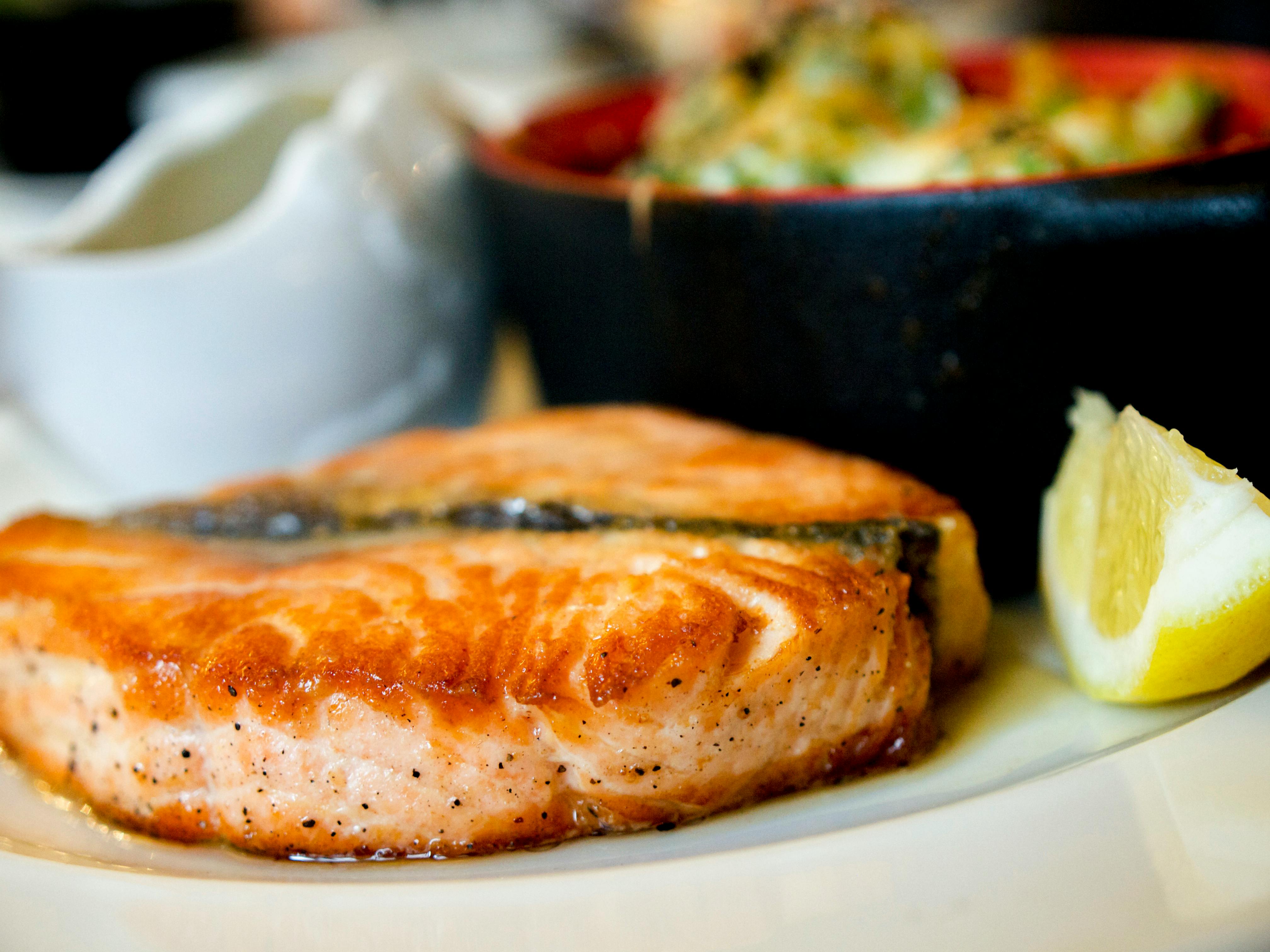Top 7 Effective Foods for Betta Fish in 2025
Betta fish are one of the most popular aquarium pets, known for their vibrant colors and engaging personalities. Understanding the best foods for betta fish is crucial for their health and well-being. A balanced diet enhances their vitality, promotes growth, and ensures vibrant coloration. In this article, we will explore the top foods for bettas, focusing on their unique nutritional needs and feeding practices. We will also provide insights on how to choose quality betta fish food, along with tips to maintain their health through proper diet.
Essential Nutritional Requirements for Betta Fish
Understanding the nutritional needs of your betta fish is vital for keeping them healthy. Bettas are carnivorous by nature, which means their diet should primarily consist of proteins. Including high-quality protein sources like fish meal or shrimp meal is key. However, betta fish also require vitamins and minerals to support their overall health.
Protein Sources in Betta Fish Diet
When selecting betta fish food, look for options that are high in protein. Pellets and flakes specifically designed for bettas often have fish meal or shrimp as the first ingredient. This ensures your betta receives essential amino acids necessary for their growth. Some of the top recommendations for betta fish food include specialized pellets that boast a protein content of 40-50%.
Vitamins and Minerals for Optimal Health
In addition to protein, providing essential vitamins and minerals is crucial. Many commercial betta fish foods are fortified with Vitamin A, C, and E, which help support their immune system and enhance coloration. Feeding your betta a diverse diet can help ensure they receive the nutrients they need.
Quality over Quantity: Choosing the Right Food
Quality betta fish food is crucial for their health. Always check the ingredient list on the label and opt for brands that prioritize natural ingredients and avoid fillers. Identifying reputable brands can help you avoid overprocessed foods that might not provide your betta with the needed nutrition. Remember, a balanced diet leads to a healthier and more vibrant betta fish.
Top Types of Betta Fish Food Available
There are various types of betta fish food available in the market, each with its benefits. Understanding the differences between these food types can help you provide a varied diet for your betta, promoting their health and happiness.
Pellets vs. Flakes: Which is Better?
Choosing between pellets and flakes can depend on your betta's personal preferences. Pellets are often richer in nutrients and provide a more balanced diet due to their high-quality ingredients. Flakes, on the other hand, can be easier to consume and may offer a wider range of flavors. However, it's essential to choose high-quality fish flakes designed for bettas to avoid inferior ingredients.
Live Food and Its Health Benefits
Incorporating live food into your betta's diet offers excellent nutritional benefits, promoting natural hunting behaviors. Foods like brine shrimp and mosquito larvae are not only enjoyed by bettas but also provide essential nutrients. Live food can enhance your betta's vitality and stimulate their natural instincts, keeping them active and engaged.
Freeze-Dried and Dried Foods
Freeze-dried foods can be an excellent alternative to live food, maintaining most of their nutritional value. They are also convenient and have a long shelf-life. However, ensure the freeze-dried food contains high-quality ingredients. Dried foods can also help with digestive health, making them a valuable addition to a betta's diet.
Feeding Schedule for Optimal Growth and Health
Establishing a proper feeding schedule is essential for maintaining a healthy diet for your betta fish. Regular and controlled feeding can prevent health issues related to overfeeding, such as obesity and poor water quality.
How Often to Feed Betta Fish
A general guideline for feeding bettas is twice a day, providing small amounts of food each time. This approach helps mimic their natural feeding habits. Be mindful of portion sizes; aim for what they can consume in a few minutes to avoid uneaten food polluting the tank.
Signs of Healthy Feeding Habits
Observing your betta during feeding time can reveal a lot about their health. Healthy bettas exhibit eager feeding behaviors and actively hunt for their food. Keep an eye on their physical condition—plump bodies and vibrant colors are indicators of a well-fed fish.
Adjusting the Diet Based on Life Stages
Betta fish dietary needs can change as they age. For example, baby bettas require more frequent feedings with specialized high-protein foods to support growth, while adult bettas benefit from varied diets that include occasional fasting days. Adjusting their diet at different stages ensures they thrive throughout their lives.

Common Feeding Mistakes to Avoid
Even seasoned betta fish owners can fall prey to common feeding mistakes that can negatively impact their pet's health. Identifying and correcting these errors can lead to a happier, healthier betta.
Overfeeding and Its Consequences
One of the most common mistakes is overfeeding betta fish. Excess food can lead to poor water quality and obesity, significantly impacting overall health. Always follow feeding guidelines provided by food manufacturers, adjusting based on your betta's needs.
Ignoring Food Preferences
Each betta may have unique food preferences that should be taken into account. Offering a variety of foods can help you identify what your betta enjoys most, ensuring they eat consistently. Avoid forcing them into a specific food type—ensuring they are satisfied with their diet is critical.
Neglecting Water Quality
The relationship between diet and water quality cannot be overstressed. Uneaten food and fish waste can rapidly deteriorate water conditions. Regular tank maintenance, such as water changes and regular monitoring of water parameters, is essential to keep both your betta and their environment healthy.
Conclusion: Building a Balanced Diet for Your Betta
In conclusion, providing a well-rounded and nutritious diet for your betta fish involves understanding their specific needs and the types of food available. Incorporate a variety of high-protein options, both commercial and live, into their diet while avoiding common feeding mistakes. By doing so, you will ensure that your betta fish remains healthy, vibrant, and full of life.

